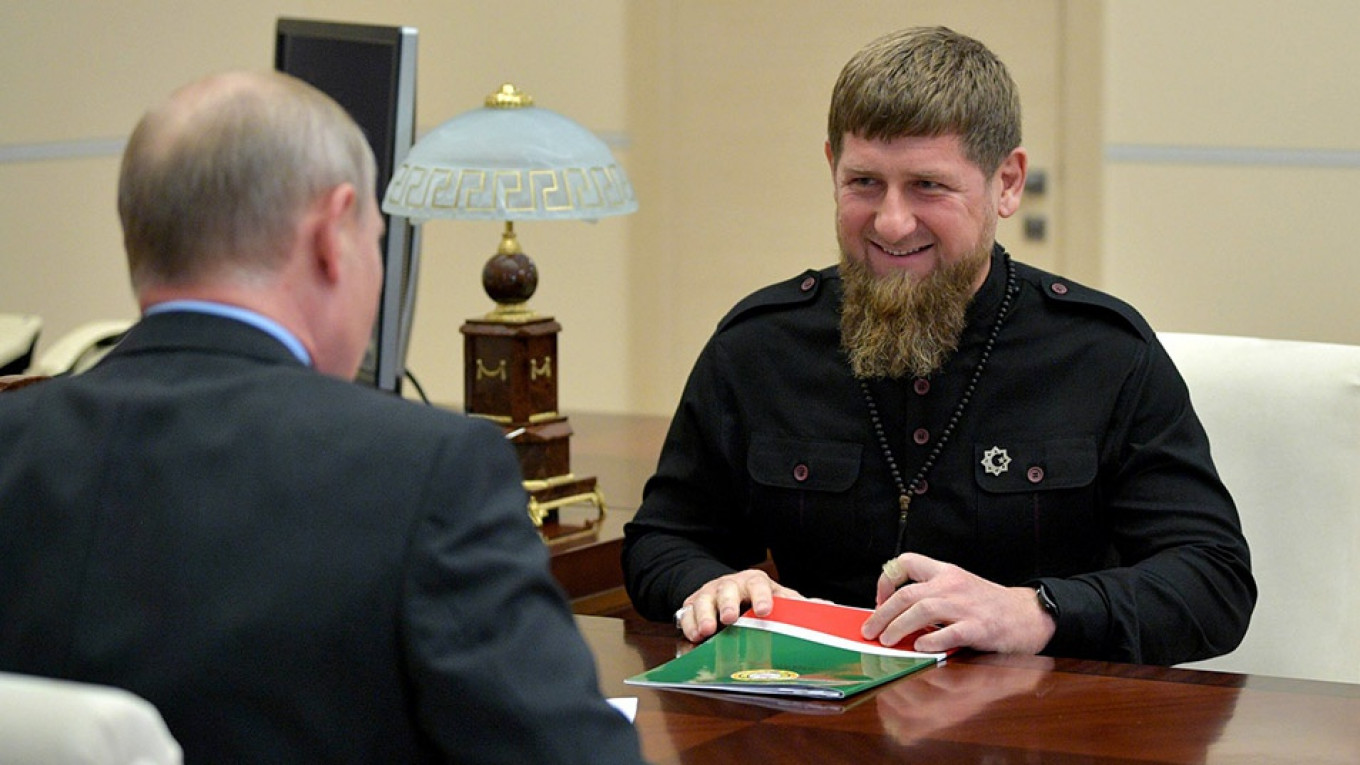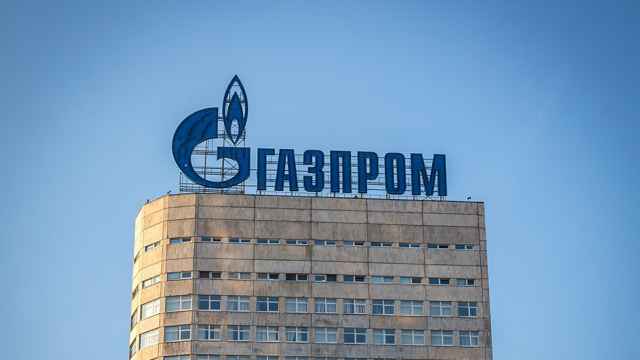On Dec. 20, a district court in Russia’s North Caucasus republic of Chechnya approved a request by regional prosecutors to write off gas debts owed by local customers to Mezhregiongaz, a subsidiary of Gazprom.
The prosecution argued that the debts — worth 9.4 billion rubles ($135.3 million) — have provoked social tensions in Chechnya and could trigger protests.
Moreover, Dzhambulat Umarov, the Chechen Press and Information minister argued, Moscow still owes Chechnya one on account of the economic damage wrought by the Kremlin’s wars against Chechen separatists in the 90s and 2000s.
In light of the Russian leadership’s low approval ratings over the deeply unpopular pension age hike, Ramzan Kadyrov, the head of Chechnya, is clearly looking for a way to palliate harsh social conditions on his own turf.
Considering the special informal status Chechnya enjoys in Russian politics, his demand is not that surprising. Since Putin’s accession to power in 2000, the Kremlin has given Kadyrov license to govern according to his own wants and priorities while turning a blind eye to islamization and violence towards minority groups in the republic.
But this time, Kadyrov might be in over his head. Gazprom’s deputy head Valery Golubev has announced that the gas giant will appeal the ruling, claiming that the decision “contradicts all existing legal norms and will be interpreted by paying customers as unfair.”
Meanwhile, the Attorney General’s office, the most powerful component of the Russian judiciary system, responded on Jan. 22 by launching an investigation into Chechnya's Prosecutor General's Office, calling on local Chechen prosecutors to support Gazprom’s appeal. This is significant, as it is uncommon for the Attorney General’s office not to stand behind regional prosecutors.
In return for increased autonomy, the Kremlin demands unquestioned loyalty to the center. It also expects for Chechnya’s policies to be limited to Chechnya, and not spill over to other regions.
The Chechen court’s ruling violated the second condition and thereby placed the Kremlin between a rock and a hard place.
One option would be for Moscow to recognize the court ruling as legitimate. However, this risks provoking similar demands from other regions. Indeed, authorities in Bashkiria, Tatarstan, Samara, Smolensk, Omsk, Lipetsk and Chuvashia have already submitted similar requests that their debts be repealed. This course of action would also lead to open conflict between Kadyrov and Gazprom.
Furthermore, it could generate an increased social expectation about the authorities’ willingness to cede to popular demands.
The Kremlin’s second option is to support Gazprom and declare the verdict of Zavodskoy district court invalid. But such a decision would provoke resentment towards President Vladimir Putin at a time when his approval ratings are at a six-year low.
Either way Putin risks losing face. He has remained silent on the issue up till now and does not want to be seen as having a part in the process.
So far, the only signal from the Kremlin has come from spokesman Dmitry Peskov, who said that “these matters cannot be considered without the company’s interests or without taking into account the interests of simple citizens at the same time. The matter is very complex, and in this case, the Kremlin does not have any position.”
While sharing Gazprom’s priorities as well as understanding Kadyrov’s motives, Putin’s faces the challenging prospect of finding a solution that pleases both sides.
Tatyana Stanovaya is the founder of the political analysis project R.Politik, where a version of this article is published. The views and opinions expressed in opinion pieces do not necessarily reflect the position of The Moscow Times.
A Message from The Moscow Times:
Dear readers,
We are facing unprecedented challenges. Russia's Prosecutor General's Office has designated The Moscow Times as an "undesirable" organization, criminalizing our work and putting our staff at risk of prosecution. This follows our earlier unjust labeling as a "foreign agent."
These actions are direct attempts to silence independent journalism in Russia. The authorities claim our work "discredits the decisions of the Russian leadership." We see things differently: we strive to provide accurate, unbiased reporting on Russia.
We, the journalists of The Moscow Times, refuse to be silenced. But to continue our work, we need your help.
Your support, no matter how small, makes a world of difference. If you can, please support us monthly starting from just $2. It's quick to set up, and every contribution makes a significant impact.
By supporting The Moscow Times, you're defending open, independent journalism in the face of repression. Thank you for standing with us.
Remind me later.








